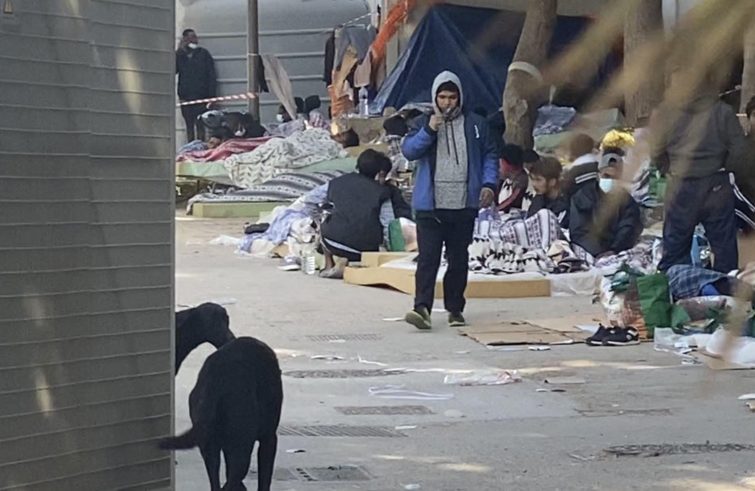
Stopping the mounting number of deaths at sea is on the agenda of a debate scheduled to take place on Tuesday May 18 in the hemicycle of the European Parliament convened in Brussels ( and, in mixed mode, also via live streaming), while in June the Euro-Assembly could resume in its Strasbourg headquarters. Boats sinking in the Mediterranean Sea and increasing landings on the Italian island of Lampedusa seem to leave most EU countries indifferent. Meanwhile, Italy’s Draghi-led government insistently demands true cooperation and solidarity-based support – including relocations.
The scheduled debate will also tackle the issue of relations with the countries of origin and transit, and those with Libya, where many migrant vessels depart from, and which is increasingly less credible as an international partner.
“As migrants and asylum-seekers continue to lose their lives attempting to reach Europe, MEPs are expected to underline the lack of a coordinated EU approach to search and rescue at sea, which have complicated operations to rescue people in distress”; reads the EU Parliament’s website on the subject of Tuesday’s debate. “The turmoil surrounding Frontex -with its staff allegedly involved in pushbacks of asylum-seekers- and the cooperation with the Libyan coastguard are also likely to be raised during the debate,” that will involve the EU Council and Commission. The same issue could return for discussion at the extraordinary European Council of May 24-25, officially convened to discuss anti-pandemic measures, climate change and Russia.
Once again, the migratory issue is cyclically overshadowed by the lack of solidarity among the 27 Member States, (partially) recovered in the fight against the spread of COVID-19
and flaunted this past weekend during the Porto Social Summit, and at the official launch of the Conference on the Future of Europe. But Europe as a community can have no future unless it rediscovers its foundations, which remind us that economic and political integration is rooted in solidarity, in sharing the burdens imposed by historical events, in seeking common paths to meet the challenges posed by changing times to European peoples and States, within a constantly evolving global framework.
The debate in Parliament on 18 May is therefore to be welcomed, as are the discussions between the Heads of State and Government scheduled for May 24-25. In the knowledge, however, that with each passing day there are more shipwrecks, more deaths at sea – men, women and children – and more business for people trafficking in human beings. And the extent to which they weigh on Europe’s conscience…
Nor should it be overlooked that, while national and European policy-makers are being asked to intervene,
the Pope and the European Bishops, led by Cardinal Jean-Claude Hollerich, have repeatedly called upon Christian communities in Europe to show solidarity and welcome for migrant people.
Great efforts have been made by various parishes, dioceses and Caritas agencies. But if careful attention were paid to the touching appeals of the parish priest of Lampedusa, Don Carmelo La Magra, there would be no reason why we should not “become neighbours”, a prophetic response to the appeal of those who, crossing the Mediterranean, seek nothing more than a dignified life.











